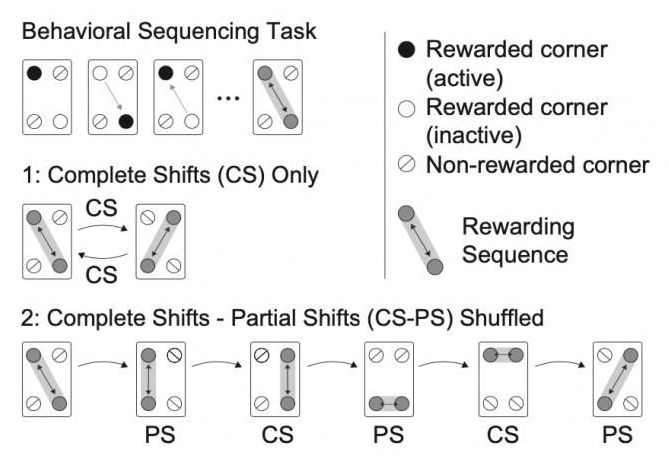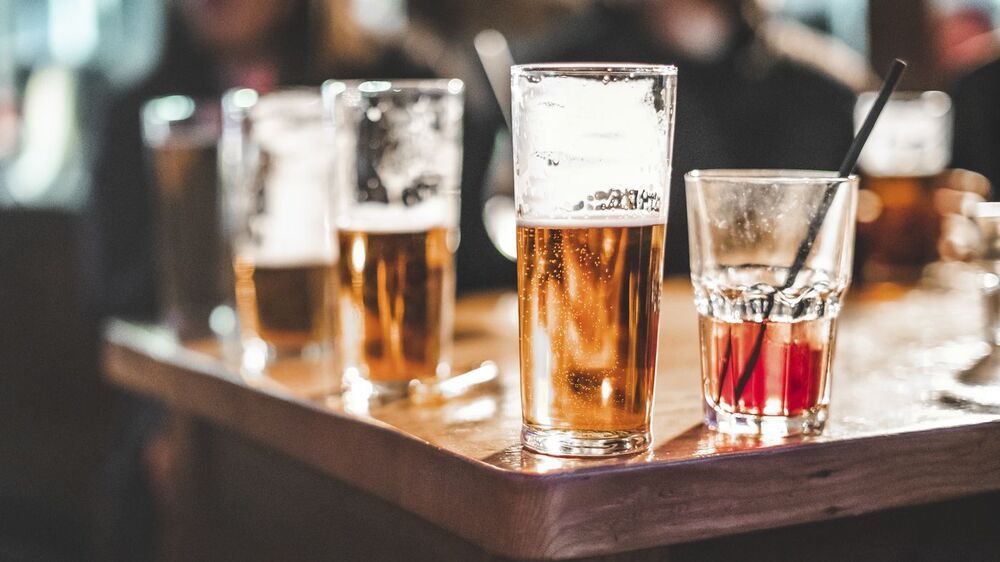Coronavirus death toll and trends — worldometer.
Updated total and statistics, graphs and charts tracking the total number of deaths, deaths per day, and death by country from the Novel Coronavirus (2019-nCoV) originating from Wuhan, China.


A Dallas, Texas, resident who recently returned from Nigeria has tested positive for monkeypox, a rare virus similar to smallpox, local officials said Friday. Though this is the first confirmed case of the virus in the U.S. since 2003, officials said the public should not be concerned.
“While rare, this case is not a reason for alarm and we do not expect any threat to the general public,” Dallas County Judge Clay Jenkins said in a statement from Dallas County’s health department. Because passengers were wearing masks on the flight and in the airport, the health department said, “It’s believed the risk of spread of monkeypox via respiratory droplets to others on the planes and in the airports is low.”
Monkeypox, which is in the same family of viruses as smallpox, is a rare but potentially deadly viral infection that begins with flu-like symptoms and progresses to a rash on the face and body, according to the CDC. It tends to last two to four weeks. People who do not have symptoms are not capable of transmitting the virus, the health department said.

New research from the RIKEN Center for Brain Science (CBS) in Japan shows that a deficit in histone methylation could lead to the development of autism spectrum disorders (ASD). A human variant of the SUV39H2 gene led researchers to examine its absence in mice. Published in Molecular Psychiatry, the study found that when absent, adult mice exhibited cognitive inflexibility similar to what occurs in autism, and embryonic mice showed misregulated expression of genes related to brain development. These findings represent the first direct link between the SUV39H2 gene and ASD.
Genes are turned on and off throughout our development. But genetic variation means that what is turned off in some people remains turned on in others. This is why, for example, some adults can digest dairy products and others are lactose intolerant; the gene for making the enzyme lactase is turned off when some people become adults, but not others. One way that genes can be turned on and off is through a process called histone methylation in which special enzymes transfer methyl groups to histone proteins that are wrapped around DNA.
Variations in genes related to methylation during brain development can lead to serious problems. One such variation occurs in a rare disorder called Kleefstra Syndrome, in which a mutation prevents methylation of H3K9—a specific location on histone H3. Because Kleefstra Syndrome resembles autism in some ways, RIKEN CBS researchers led by Takeo Yoshikawa looked for autism-specific variations in genes that can modify H3K9. Among nine such genes, they found one variant in an H3K9 methyltransferase gene— SUV39H2 —that was present in autism, and the mutated SUV39H2 prevented methylation when tested in the lab. Similar loss-of-function results were found for the mouse version of the variant.


Now, in what would be the biggest international step yet towards addressing these concerns, diplomats at a United Nations forum next month might discuss whether humanity has a right to ‘dark and quiet skies’. The debate could initiate a framework for how scientists and the public would deal with the flood of new satellites — with many more expected.
Working with the United Nations, scientists hope to establish standards for satellite ‘megaconstellations’ and reduce disruption of astronomical observations.

Plastic waste, a material that can take centuries or more to disappear, is causing irreparable damage to the planet. At least 8 million tons of plastic end up in the ocean each year. In many cases, specifically in more developed countries, plastic waste is disposed of responsibly and sent to facilities to be sorted, recycled, or recovered. However, plastic waste generated in developing countries typically ends up in dumps or open, uncontrolled landfills — most of which eventually enter the ocean either through transport by wind or tides or through waterways such as rivers or wastewater. Now, many companies are recycling this waste into useful products, such as sportswear, affordable homes, electric cars, roads, etc. One of them is Gjenge Makers Ltd, a sustainable, alternative, affordable building products manufacturing company that transforms plastic waste into durable building materials. These include paving blocks, paving tiles, and manhole covers.
Nzambi Matee has used her engineering skills to develop the process that involved mixing recycled waste plastic and sand. Matee gets the wasted plastic from packaging factories for free, although she pays for the plastic she gets from other recyclers. The company workers take plastic waste, mix it with sand, and heat it up, with the resulting brick being five to seven times stronger than concrete.
Matee’s team uses the type of plastic waste that can’t be processed anymore; that cannot be recycled. Since plastic is fibrous in nature, it makes the brick an extremely strong and durable material. Besides, compared with regular bricks, Gjenge Makers’ ones are lighter, so transportation and installation are achieved at faster rates.
Gjenge Makers produces between 1000 to 1500 paving bricks every day in different sizes and colors. The bricks are usually made using high-density polyethylene, used in milk and shampoo bottles; low-density polyethylene, often used for bags for cereals or sandwiches; and polypropylene, used for ropes, flip-top lids, and buckets. However, it does not use polyethylene terephthalate or PET, which are commonly used in plastic bottles.


Nick Saraev is 25 years old, far too young, it would seem, to be thinking about death. And yet, since he turned 21, he has taken steps to prevent the infirmities of old age. Every day, he takes 2000 mg of fish oil and 4000 IU of vitamin D to help prevent heart disease and other ailments. He steams or pressure-cooks most of his meals because, he says, charring meats creates chemicals that may increase the risk of cancer. And in the winter, he keeps the humidity of his home at 35 percent, because dry air chaps his skin and makes him cough, both of which he considers manifestations of chronic inflammation, which may be bad for longevity.
Based on the life expectancies of young men in North America, Saraev, a freelance software engineer based near Vancouver, believes he has about 55 years before he really has to think about aging. Given the exponential advances in microprocessors and smartphones in his lifetime, he insists the biotech industry will figure out a solution by then. For this reason, Saraev, like any number of young, optimistic, tech-associated men, believes that if he takes the correct preventative steps now, he might well live forever. Saraev’s plan is to keep his body in good enough shape to hit “Longevity Escape Velocity,” a term coined by English gerontologist Aubrey de Grey to denote slowing down your aging enough to reach each new medical advance as it arrives. If you delay your death by 10 years, for example, that’s 10 more years scientists have to come up with a drug, computer program, or robot assist that can make you live even longer. Keep up this game of reverse leapfrog, and eventually death can’t catch you. The term is reminiscent of “planetary escape velocity,” the speed an object needs to move in order to break free of gravity.
The science required to break free of death, unfortunately, is still at ground level. According to Nir Barzilai, M.D., director of the Institute for Aging Research at Albert Einstein College of Medicine in New York City, scientists currently understand aging as a function of seven to nine biological hallmarks, factors that change as we grow older and seem to have an anti-aging effect when reversed. You can imagine these as knobs you can turn up or down to increase or decrease the likelihood of illness and frailty. Some of these you may have heard of, including how well cells remove waste, called proteostasis; how well cells create energy, or mitochondrial function; how well cells implement their genetic instructions, or epigenetics; and how well cells maintain their DNA’s integrity, called DNA repair or telomere erosion.

Alcohol can also increase levels of hormones, including estrogen. Hormones signal cells to grow and divide. With more cell division, there are more opportunities for cancer to develop. Alcohol also reduces the body’s ability to absorb certain cancer-protective nutrients, including vitamins A, C, D, E and folate.
Most people don’t realize alcohol consumption can cause cancer. A report in Lancet Oncology shows how big a risk factor it is for esophageal, mouth, larynx, colon, rectum, liver and breast cancers.